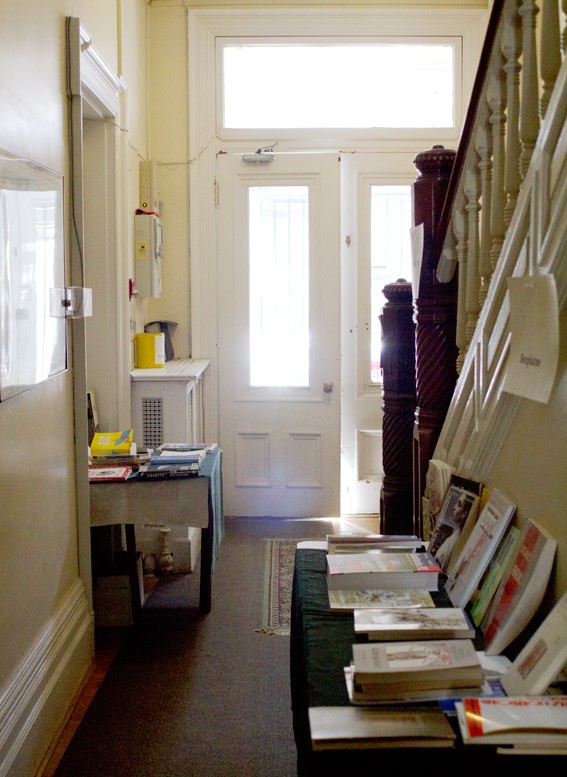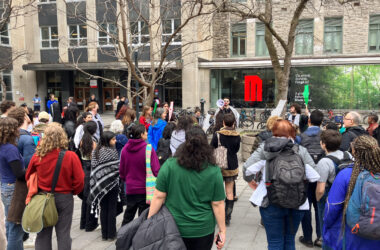The Polish Institute of Arts and Sciences in Canada (PIASA), which has occupied 3479 Rue Peel since 1969, housing a collection of nearly 50,000 books and documents, was informed by McGill that it must move out of its building by June 1. PIASA received this verbal request from the administration on Jan. 21 of this year.
The McGill Polish Students’ Association (MPSA) gathered a petition of nearly 600 signatures from members of the McGill community last week, calling upon the administration to reconsider the decision.
Provost and Vice-Principal (Academic) Christopher Manfredi, cited the building’s physical condition as the reason for its closure.
“The condition of the building in which [PIASA] and the Library are now housed has deteriorated to the point that it can no longer be used for that purpose,” Manfredi wrote in an email to the Tribune. “My understanding is that the supporters of the Institute and Library fully appreciate this fact.”
PIASA was conceived during the Second World War by McGill professor and historian Oskar Halecki and Wanda Stachiewicz, an eminent member of the Polish community in Quebec. Its founding members were allocated space in the James Administration building by a motion passed through McGill’s Board of Governors (BoG), and in 1969, PIASA moved to their current location.
“The institute was founded […] during the war by the Polish scientists and professors who were, at this time, in Canada,” said Stanisław Latek, president of the board of PIASA. “Many of the founders were the members of the Polish Academy of Sciences in Kraków, and one of the founding members was Dr. Penfield. He agreed […] to give the space to the Institute, so our collaboration with McGill dates from the very beginning.”
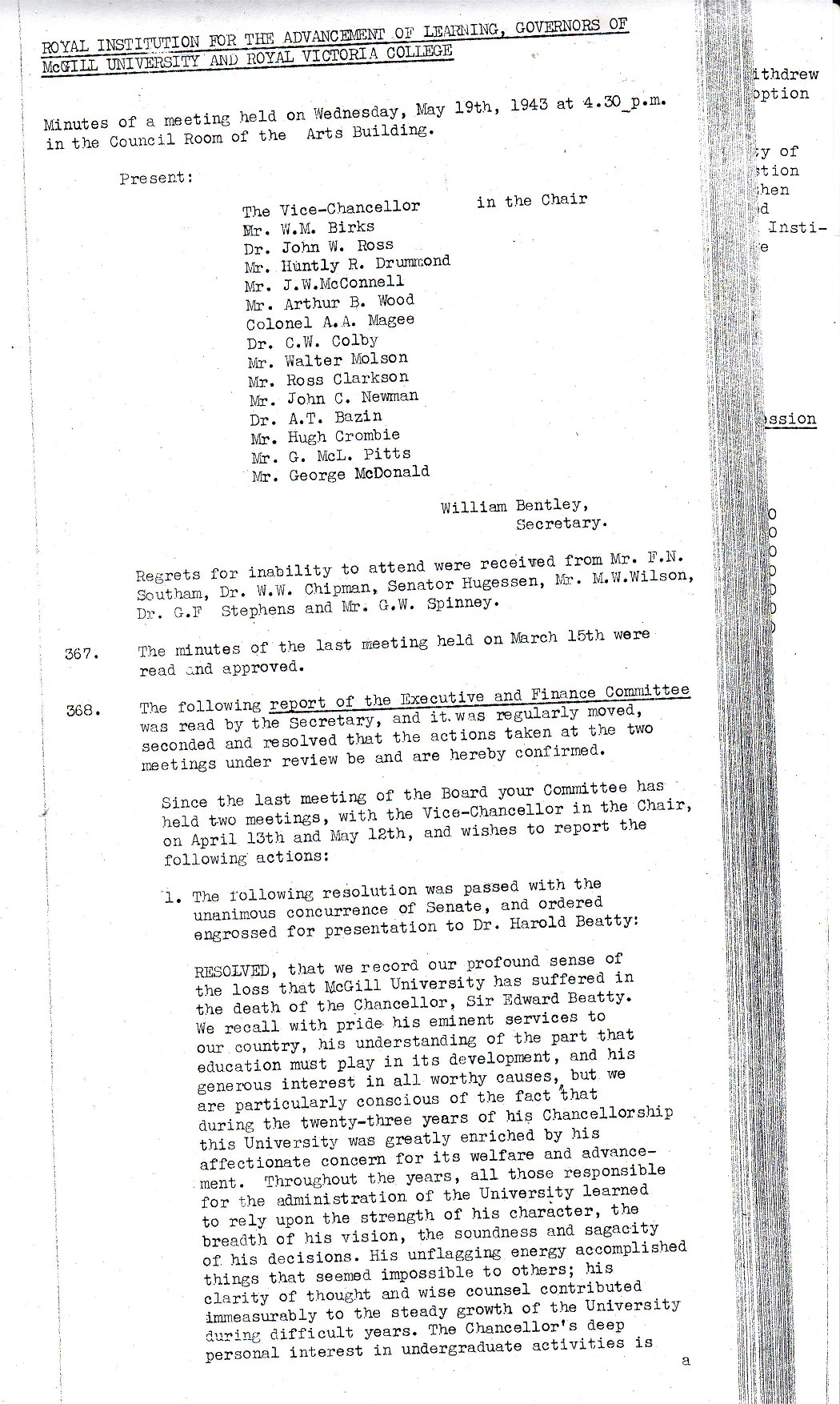
Since then, PIASA has hosted numerous notable Polish figures, including Czesław Miłosz, leader of the Polish Solidarity movement, Lech Wałęsa, leader of the Warsaw Ghetto Uprising, Marek Edelman, and Cardinal Karol Józef Wojtyła, who would later become Pope John Paul II.. Agnès Domanski, graduate student at McGill and volunteer at PIASA, highlighted that the institute often functions as an educational port of entry for scholarship between Canada and Poland.
“The idea, essentially, behind the Institute […] is to bring Polish culture to people here, […] to the McGill community, and Montreal at large, Quebec at large,” said Domanski.
Alexandre Magdzinski, MSc(A) in Nursing at McGill, and member of the MPSA, explained that a goal of the petition is to ensure that the administration is aware of the value that PIASA brings to the university.
“We have hundreds of people signing, saying that’s horrible that they’re closing it down.” Magdzinski said. “[McGill] should keep stuff like this, it’s what makes a university a university, these types of contributions.”
A major concern for PIASA is the fate of the Wanda Stachiewicz Polish library, which houses a collection that includes documents from the Polish government in exile, Polish literature and novels translated into French and English, and books smuggled out of Poland during the period of communism. Around 10,000 of these works are currently catalogued in McGill’s system.
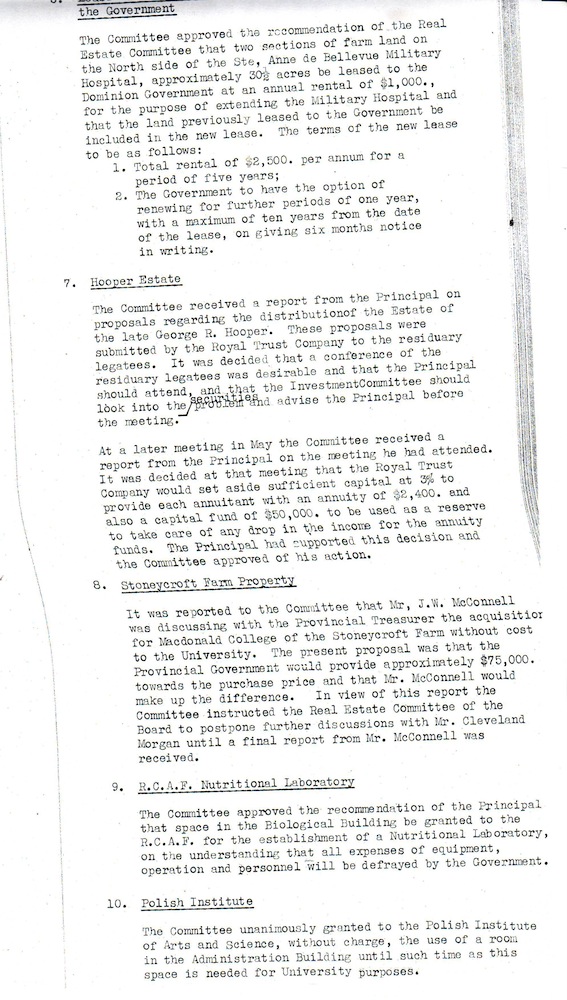
“[The collection would be] a gift to our McGill library,” said Colleen Cook, Trenholme Dean of Libraries. “Those materials that we feel are important for a research collection we would bring in […] and materials we felt were inappropriate for a research collection, we would not accept.”
Storage of the remaining collection will be up to PIASA.
“I don’t know what would happen to the remaining volumes, because we wouldn’t own them,” Cook said. “It would be up to the Polish Institute to decide the disposition of them.”
Currently, PIASA does not have a plan for relocation of the Institute or the Library.
“The answer we got […] is basically nothing,” said Domanski. “[The administration is] basically saying ‘Your organization is dying and we will take your books if you want, we’ll put a sticker in them that says Polish Library’ [….] That’s not really a solution [….] That still means effectively the end of the Institute. We don’t have anywhere to go.”
PIASA is not a division of the university, nor does it have a Memorandum of Agreement (MoA) which would legally bind the institute with McGill along certain conditions. Additionally, it receives no financial support from McGill. Domanski explained the relationship they have with the university as one of a friendly, informal agreement.
“I guess McGill doesn’t owe us anything,” Domanski said. “All we have is […] a verbal agreement, and […] the precedent of 70 years.”
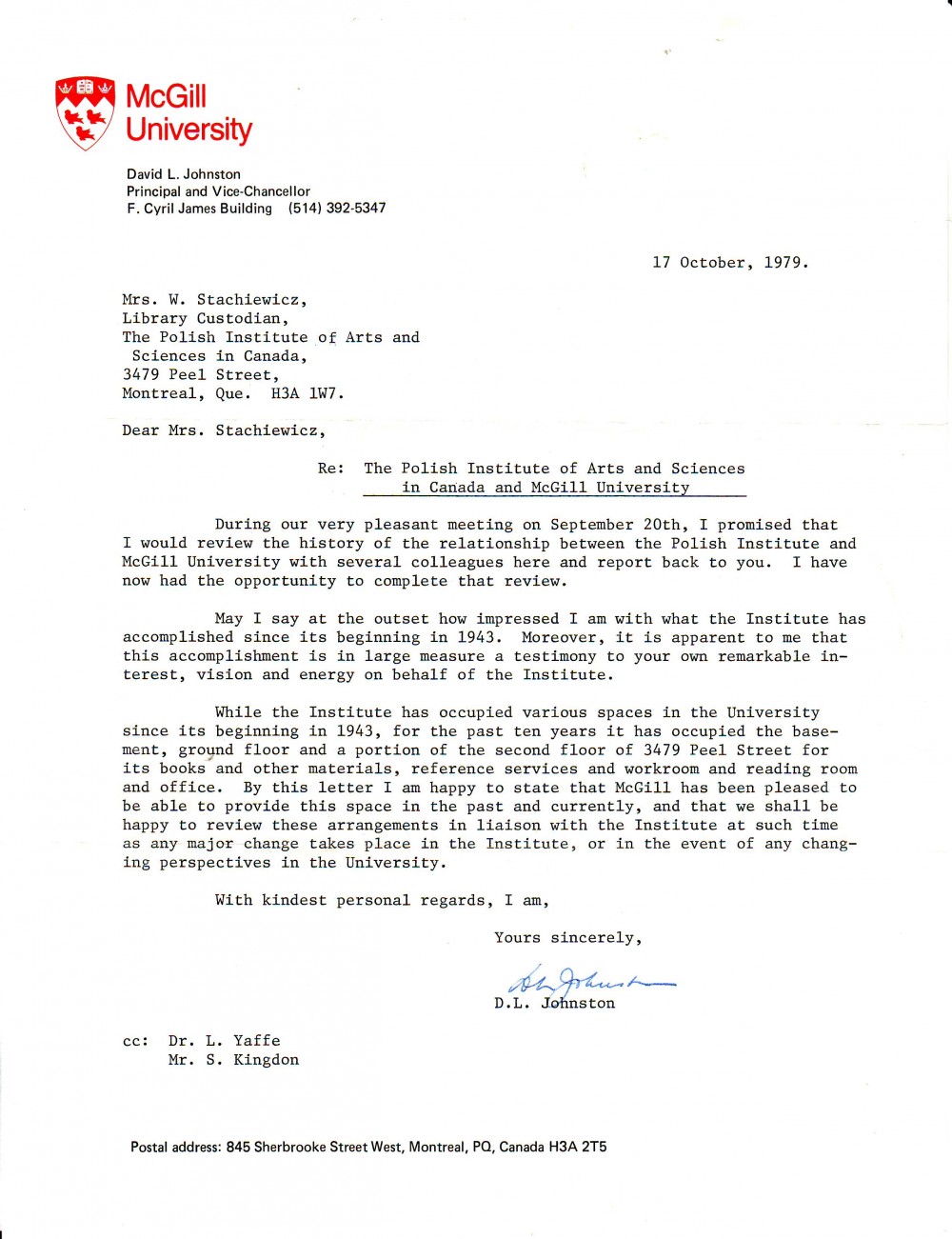
The library is accessible to McGill students for free, and open to the city of Montreal through its status as a municipal library—which secures its funding through the Quebec Ministry of Culture. PIASA covers the rest of its expenses, such as the conferences it hosts, through personal donations, funding from the Polish Embassy in Ottawa, and the Ministry of Culture in Poland.
“We only have one payroll employee,” said Latek. “[Everyone else] is a volunteer, including me.”
Arts Senator Erin Sobat reached out to PIASA after he saw the Facebook event for the petition. He spoke with volunteers at the institute, and consulted with the third-floor occupant of the same building, the Association of Graduate Students Employed at McGill (AGSEM), which will also have to vacate.
"[PIASA] doesn’t have a legal relationship with the university at all,” Sobat said. “It’s unfortunate that there’s not even a MoA […] [McGill] is required to give AGSEM a space according to their collective agreement, at minimum an office and a phone."
Sobat indicated he has no specific plans yet for an official response on the decision, although there are options to do so.
“In terms of follow up, we might submit a question to the McGill Senate,” Sobat said. “[MPSA] got over 500 signatures from faculty and students and I’m sure they could get more with outreach.”
The petition will be submitted to McGill on April 15. Magdzinski recommends any student who wishes to vocalize an opinion to the administration to do so through contacting PIASA, or by reaching out to the MPSA.
“For now, we’re going to start with a petition,” Magdzinski said. “If people want to write actual letters, send them out to the Polish Institute […] If you have a personal statement you want to share, or you want to help us out, you can email us too.”
The MPSA can be contacted at [email protected]
